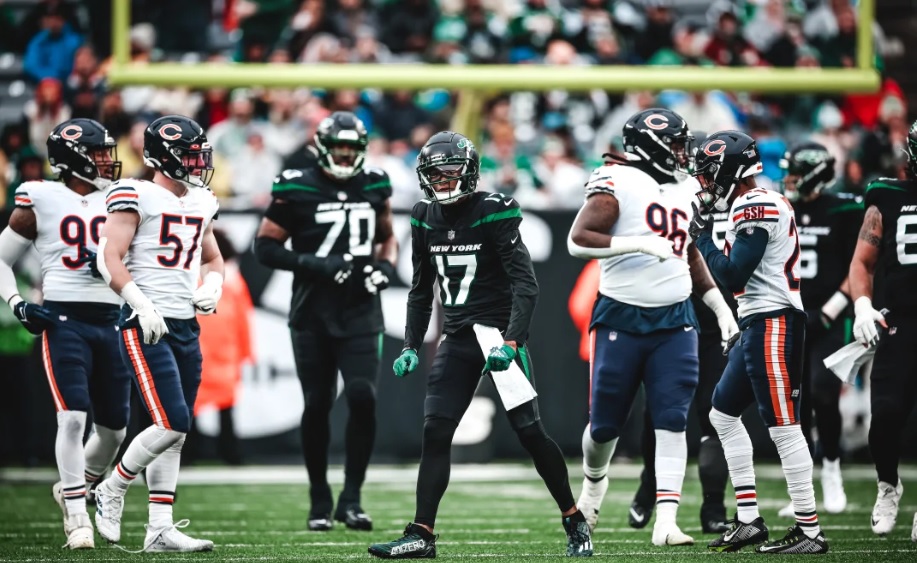The “Spygate” affair surrounding the Patriots is gaining new momentum with allegations from ex-Steelers players of cheating in AFC title games.
The controversy surrounding the New England Patriots and their benefits from the “Spygate affair” in the early 2000s still remains an irritant years later.
Several prominent members of the Pittsburgh Steelers from that era continue to believe that spying for the Patriots played a major role in the outcome of two AFC title games.
“If you didn’t throw two interceptions, we would have been in the Super Bowl,” Hall of Fame running back Jerome Bettis recalled during his appearance on the “Footbahlin With Ben Roethlisberger” podcast of the 2004 season’s AFC Championship Game loss to New England.
“To be fair, the Patriots cheated,” former quarterback Roethlisberger replied. “Sure they did,” Bettis said. “That’s not even in question for me. “
Spygate: Patriots probably knew Steelers signals in 2004 Title Game
Bettis also cited a specific example to support his claim. According to the report, the cheating occurred on a crucial play on fourth-and-one for Pittsburgh with the Patriots leading 3-0 midway through the first quarter. On third down, the Patriots took a timeout after reportedly recognising the Steelers’ hand signals from the sideline indicating a counter run, according to Bettis.
After the timeout was called, Bettis noticed nose tackle Ted Washington running back to the Patriots sideline, which reinforced his belief. “Who usually goes to the sideline during a timeout? The defensive tackles, right? But they told nose guard Washington he had to go to the sideline,” the 51-year-old elaborated.
“A big, 400-pound guy doesn’t want to go to the sideline and run all the way back. What’s he going to do there? They yell at him and make him go to the sideline and come back,” Bettis pointed out.
Big Ben and Jerome Bettis on playing the Patriots in the 2004 AFC Championship Game:
Ben: “To be fair the Patriots cheated.”
Jerome: “For Sure they did. “steelers
YT/ Footbahlin With Ben Roethlisberger@_BigBen7 pic.twitter.com/m9G5Oe0qR6
– Matthew Luciow (@matthewluciow92) September 25, 2023
“Then we run the play, Washington jumps in the gap and they stop us on fourth down. That was a crucial play in the game. They saw our signs and they took a timeout to prepare for that play because they knew it was coming. There is no question in my mind,” the six-time Pro Bowler elaborated.
“I distinctly remember thinking, ‘Why is this big guy going on the sidelines?’ But I’m not angry about it,” Bettis continued.
The controversial “read” stopped the Patriots’ drive and they took advantage of the turnover on downs to score themselves one play later on a 60-yard pass from Tom Brady to Deion Branch. The Steelers then lost the connection and the Pats lead grew to 24-3 in the meantime. Pittsburgh subsequently failed with a comeback attempt, New England won 41-27 and finally defended their title with a 24-21 win over the Philadelphia Eagles in Super Bowl XXXIX.
Ex-Steelers coach doesn’t use Spygate as an excuse
A 2015 report by “ESPN” had revealed that handwritten diagrams of Steelers hand signals from the 2001 season were discovered at Patriots headquarters during the NFL’s “Spygate” investigation in 2007, resulting in massive penalties and the loss of a first-round draft pick.
However, the outcome of the aforementioned game was not changed by the investigation after the fact. This is probably why several prominent Steelers still question the legality of the results. Before Bettis and Roethlisberger, for example, ex-Steelers Joey Porter and Hines Ward had already spoken out about the impact of Patriots machinations on said games, both of which were won by New England.
On the other hand, then-Steelers head coach and 2020 Hall of Fame inductee Bill Cowher doesn’t use “Spygate” as an excuse for his teams’ defeat in said games. “It’s only cheating if you get caught,” Cowher told The Athletic in an interview in 2021. “As it is for any player, if you want to hold someone, don’t get caught. If you get caught you’re wrong, if you don’t you’re right.”
He continued, “I always thought we never lost the games against New England because of Spygate. If he found out about the calls because we didn’t do a good enough job of keeping the signals from getting out, that’s our fault, not his,” the now 66-year-old insisted: “Because we’re all always looking for competitive advantages.”
However, the allegations of fraud surrounding “Spygate” will probably not be completely silenced in the near future either.






Comments
No Comments